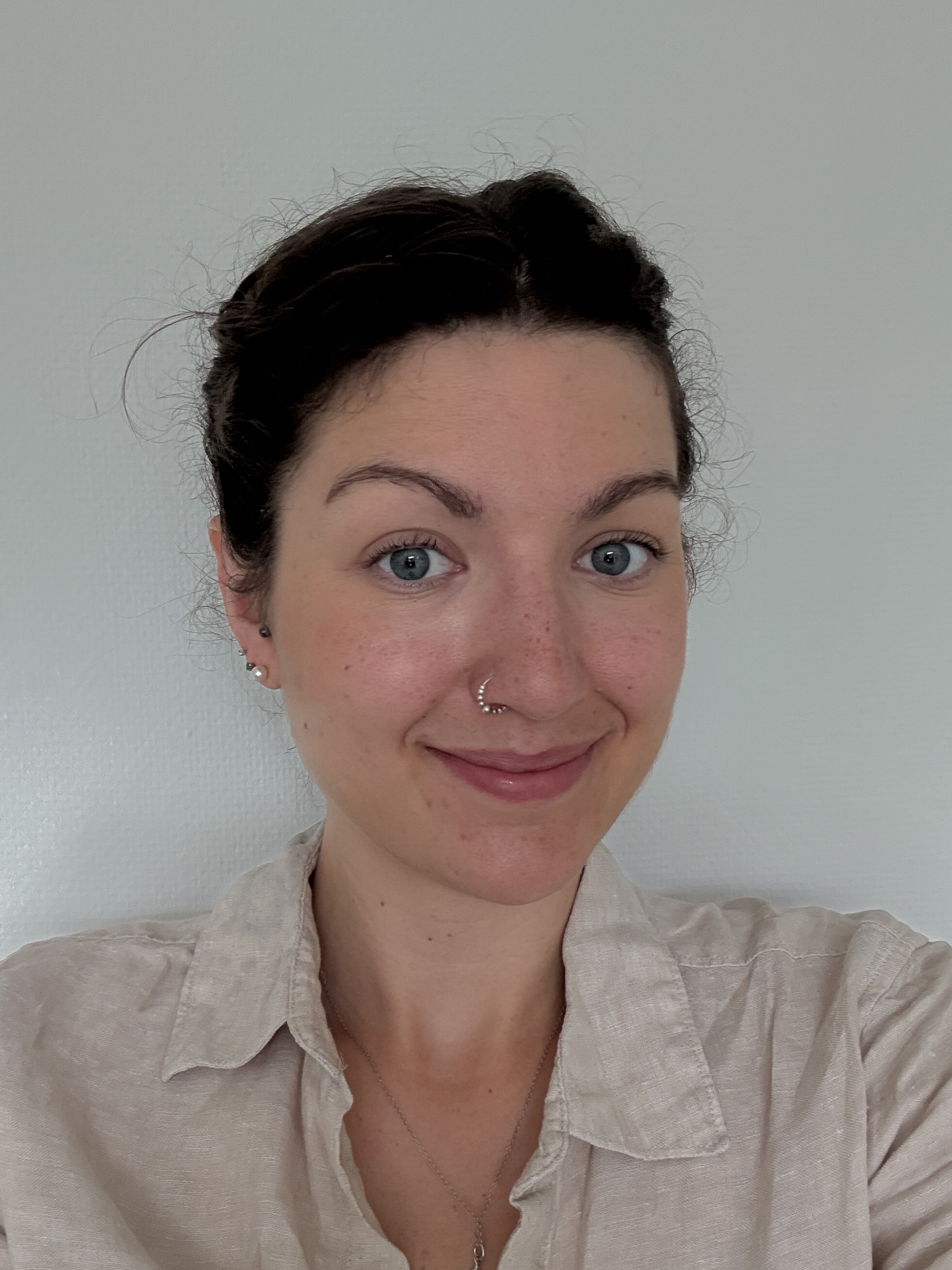About Paperstars
Paperstars is a platform where researchers can rate and review scientific papers with care, transparency, and academic rigour.
Think of it like Goodreads for science, but with a structured, weighted system that values substance over status.
We built Paperstars because we're tired of the metrics game - the H-index, the impact factors, the publishing arms race. These numbers are used to measure success, but they rarely measure what matters: the actual quality of the research.
Paperstars offers a better way to evaluate science - one based on thoughtful, post-publication peer review. Our system is anonymous (to protect reviewers), academically verified (to ensure credibility), and fully structured (so every review reflects real insight).
It's not about tearing things down. It's about building a system that works better - one that's fairer, more transparent, and open to everyone who cares about good science.
Our Mission
To shift the culture of science from prestige to quality.
Paperstars exists to make research more transparent, trustworthy, and accountable - not by adding more metrics, but by changing how we value contribution.
We believe in:
- Qualitative evaluation over citation counts
- Thoughtful review over empty numbers
- Openness and reproducibility as cornerstones of good science
- Equity and inclusion in who gets to speak, review, and be heard
Our mission is to build a space where research is judged by its clarity, rigour, and usefulness - not where it was published or how often it's cited.
Looking Ahead
One of our long-term goals at Paperstars is to change how we cite research.
Right now, citations tell us that a paper exists - not whether it's trustworthy, rigorous, or clearly communicated. A paper with serious flaws and one that's exceptionally done are cited the same way:
Smith et al., 2004.
We believe there's a better way.
In the future, we envision citations that include a Paperstars rating - a simple, qualitative score based on structured reviews:
Smith et al., 2004 (4.5)
That number wouldn't be based on where the paper was published or how often it's been cited.
It would reflect actual quality - clarity, methodological soundness, transparency, and openness - as rated by verified peers.
This would help readers:
- Identify which cited works are most reliable and well-executed
- Interpret findings with more context
- Prioritise what to read, trust, or build on
It also gives researchers credit for doing careful, open work - not just flashy or popular work.
Over time, we hope this can shift the culture of publishing away from abstract metrics and toward substance.
That's where we're headed - and why we're building this from the ground up with care.
Who We Are
Paperstars was founded by researchers who were frustrated with the status quo - and decided to do something about it.
Hi!
We're Drs. Danny and Jenna and we are so glad you are here.
We first met over a decade ago while doing our undergraduate degrees in Biomedical Science at the University of Aberdeen and our friendship grew out of a shared love for Doctor Who, Radio 4 comedy, dogs, and of course, all things science. We were the nerds sitting in the front row of the lecture theatre.
Jenna went off to the University of Cambridge to pursue her PhD in cancer research, while Danny stayed in her adopted home of Scotland to pursue her PhD in neuroendocrinology at the University of Edinburgh. Throughout the years we would often lament our experiences of academic research, as PhD students are wont to do. But we never stopped talking about it. Now, in our postdoctoral lives, we have decided to try and do something about it.
Over the years, we've seen the flaws in the current publishing system and the academic rat race up close - and we're working to build a platform that values honesty, clarity, and contribution over careerist metrics.
🌟 Meet the Team

Dr. Danny Schnitzler is a postdoctoral researcher with a background in neuroendocrinology and an obsession with transparency and reproducibility in science.
Danny's work sits at the intersection of open science, education, and research reform - and Paperstars was born out of a deep belief that quality science deserves better tools.
She's currently building Paperstars alongside her academic work, fuelled by too much coffee and enthusiasm for better science.
When she is not busy working, she enjoys going on adventures in and around Edinburgh with her demon dogs Sid and Harry, or embarking on new creative endeavours that eventually languish in the graveyard of unfinished projects.

Dr. Jenna Stephen is also from an academic science background, having worked in a number of labs specialising in mitochondrial and cancer cell biology, is also obsessed with transparency, rigor and a belief that science should be accessible to all. During her PhD, she published papers on mitochondrial proteomics.
She is currently studying for a qualification in science communication and public engagement while cultivating a coffee habit that is also fueling the efforts to work towards improving the world of science and scientific communication, thus she's joined Danny in developing Paperstars.
When not studying, researching or making coffee, she is exploring the Caingorms with her collie Beanie, trying her hand at a new craft, or staring at the tuba that has not been played in months.